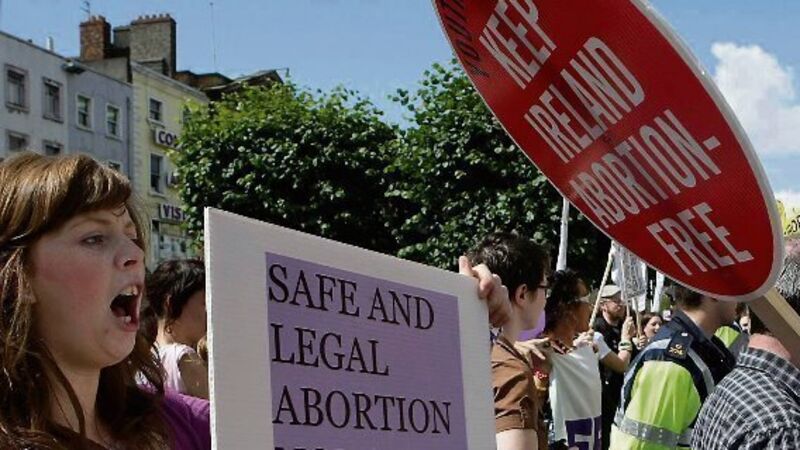Eighth did not impact reproductive rights

She stated: “... a genuine ‘Republic of Opportunity’ cannot happen unless we ensure equality and fairness for all. To achieve a ‘Republic of Equals’ there are challenges which must be met. My belief in equality is also central to my approach to childcare. “Equality is a rich and complex
concept.”
















